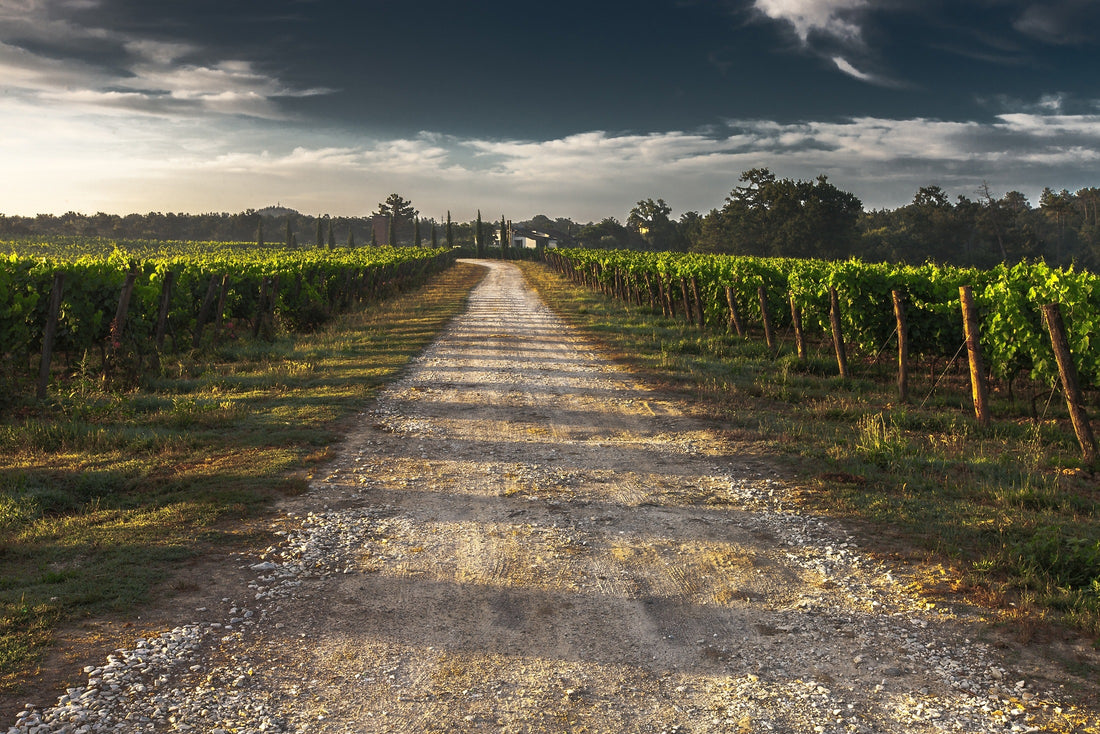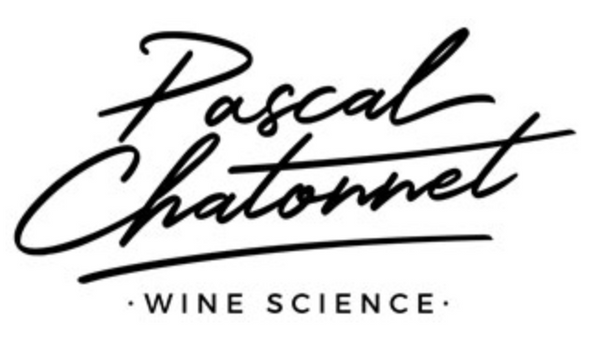Man's role must be limited to compensating for exports of crops that cannot be quickly or easily returned to the soil. To do this and always (more than 50 years already), we adopt regular organic fertilization based on by-products of plant and animal origin (sheep or cattle manure, fish or guano composts) certified of organic origin. so as not to introduce any disturbing input.
These periodic, but not systematic, contributions are calibrated quantitatively and qualitatively using soil analysis. They complement the crushing of pruning branches on the ground: the “traditional” burning of woods in winter, still very widespread today unfortunately, induces an enormous loss of endogenous organic matter and has been abandoned as far as we are concerned since 2005; Grinding on biologically active soil (not weeded) does not cause any wood disease, contrary to the still widespread myth!
We cannot at the moment return the pressing marc which must still be delivered to the state so that the residual alcohol can be extracted (compulsory wine service)... This lack of total restitution results, with mineralization natural organic matter, an export of minerals and a loss of humus that permanent plant covers can only partially compensate for. An additional contribution is therefore useful every three to five years by rotation from one plot to another. It would be desirable for each Agro-Synergy wine grower to be able to systematically maintain a virtuous biological cycle aimed at reintroducing into the soil the majority of the organic matter produced by the crop and which cannot be directly exploited.
Emergency compensatory fertilization may sometimes be necessary to combat deficiencies or imbalances linked for example to particular climatic conditions which modify the capacity of the root system and the rhizospheric microbiota to properly nourish the vine (see the protection chapter below). phytosanitary). Under these conditions, foliar contributions based either on compost teas, plant macerations, or specific minerals (macro and especially trace elements from marine algae), will rebalance the nutritional state of the plant at specific levels. key moments of its development (before and during flowering, fruit setting, supervision of veraison) to prepare it well for attacks by possible parasites or facilitate the accumulation of reserves in its wood and fruits.

